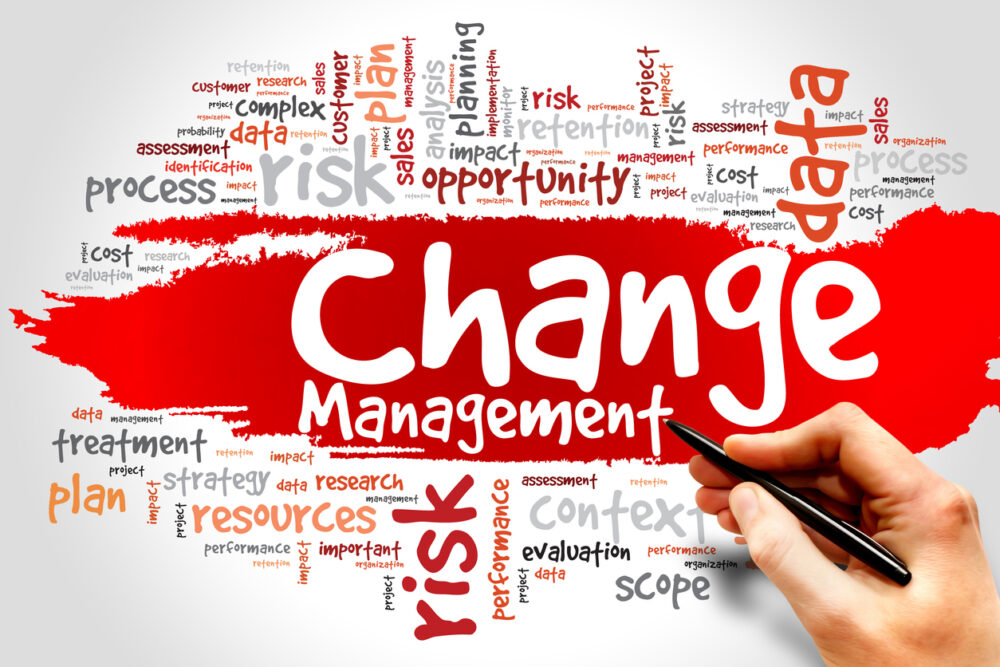
How Organizations Can Help Staff Look After Their Mental Health
As employees face stress from the pandemic, lockdowns, social injustice, and politics, their mental health can suffer. Employers don’t have to stand by helplessly, though. Experts suggest taking several steps to help staff stay healthy and productive.
With the pandemic, lockdowns, presidential election, racial injustice, and growing economic insecurity, 2020 has been a year filled with stressors. In fact, the American Psychological Association said 2020 is so stressful it “is seriously threatening the mental health of our country.” Since this stress does not leave employees when they start the workday, experts say it’s important for employers to help staff look after their mental health.
“This is an important time for leaders to say, ‘We care about mental health; we know stress levels are high,’” said Darcy Gruttadaro, J.D., director of the American Psychiatric Association Foundation’s Center for Workplace Mental Health.
Because people spend a significant amount of time at their jobs, employers should offer support to staff. She said it can be as simple as saying, “We want you to know it’s important to get help if you need it. It’s not going to jeopardize your job.”
That last part is super important, Gruttadaro said. With the pandemic causing economic strife, some workers are concerned they will be judged poorly for seeking help. For example, she said that even though a good number of workplaces offer employee assistance programs (EAPs), which typically include a hotline that workers can call with mental health concerns, use of those programs is low.
“The reason employees don’t call is they are concerned the employer may hear about it,” Gruttadaro said. “Especially now when unemployment is going up and there is concern that it could put their job in jeopardy.”
In addition to assuring workers that getting help won’t affect their jobs, Gruttadaro said it’s helpful to speak openly about the importance of mental healthcare in the workplace. “As long as mental health remains a taboo topic, we are not going to make progress,” she said. “Half the people with depression don’t receive care. It’s not like that for almost any other health condition.”
Gruttadaro also recommended getting staff involved in your organization’s efforts. For example, ask them to form an employee resource group, a voluntary committee that talks about the mental healthcare needs of staff.
“What it allows you to do when you have an employee resource group, is to ask them, how are we doing?’” Gruttadaro said. “Do we need to put more information out? Are we doing a good job of messaging what’s available?”
If you have a small staff or there is no interest in forming a resource group, surveying employees can help employers understand if they’re doing a good job of being responsive to mental health needs.
Managers can also play a role in helping employees, Gruttadaro said. “People managers can notice the early warning signs of changes in people—not in a diagnostic way—but seeing someone’s change in appearance, behavior, or thinking,” she said. “Then, it’s knowing how to start a conversation.”
For managers, the key is making that conversation about checking in, rather than being intrusive. “Checking in is a sign that you care about the person, and there are issues coming up impacting performance,” Gruttadaro said. “It’s not diagnostic. It’s not saying, ‘You look depressed.’ This is more, ‘Are you OK? These are the changes I’m seeing in your performance.’”
Some things that might prompt a manager to check in would be someone starting to miss deadlines, regularly being late to meetings when they hadn’t before, or having changes in performance that are atypical.
“I would say that if you’re seeing something, you should really use your good judgment,” Gruttadaro said. “If the degree is fairly low, keep an eye on it. If they’re really out there, and they lose it and shout at a coworker, it should be addressed right away.”
If an employee does have a mental health crisis that needs treatment and requires time away from work, Gruttradaro said it should be treated with the same privacy and respect as other illnesses.
“It’s really important, if someone goes out on leave, it’s treated the same—whether you go out for cancer or if you go out for depression,” Gruttradaro said. “It’s about honoring privacy. If you hear of gossip or discussion, ask people to be respectful of their coworkers.”
What policies or programs does your association have to help staff put mental health at the forefront?
(Chinnapong/iStock/Getty Images Plus)






Comments